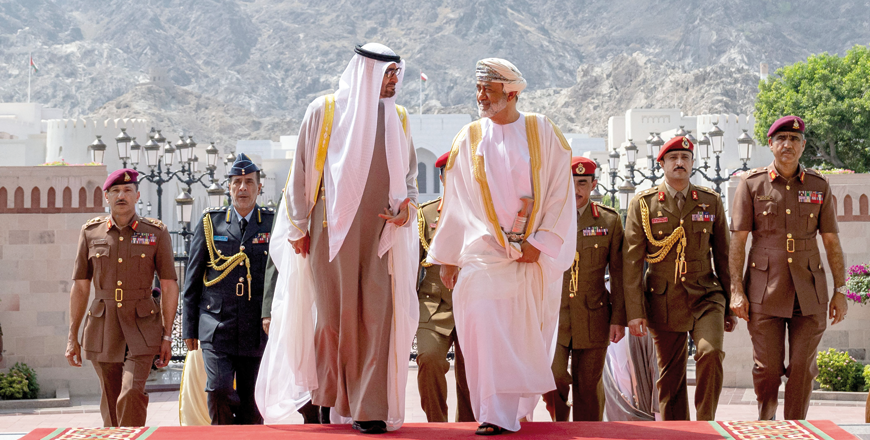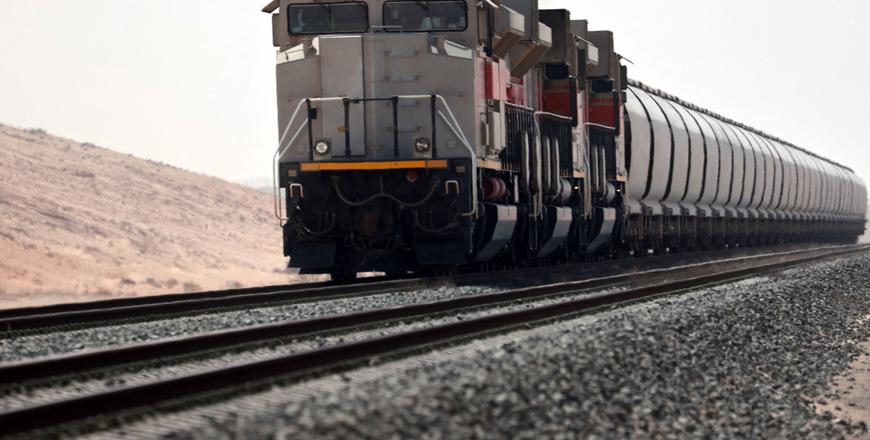You are here
Oman says it may focus on domestic, not regional rail system
By Reuters - Feb 14,2016 - Last updated at Feb 14,2016
MUSCAT — Oman may focus on building a domestic rail network rather than connecting its railways to a regional system, because of uncertainty over when the regional project will go ahead, Transport Minister Ahmed Bin Mohammed Al Futaisi said on Sunday.
Oman and the five other states in the Gulf Cooperation Council (GCC) have been planning to build a railway line linking the region. Tens of billions of dollars would be spent on about 2,100 kilometres of track.
But technical and bureaucratic delays have pushed expected completion of the project past the original target of 2017, and low oil prices are now dragging the finances of GCC governments into deficit, prompting them to slow construction plans in some areas. This has cast further doubt on the project.
Last month Etihad Rail, the state-backed firm building a railway network in the United Arab Emirates (UAE), said it had suspended the tendering process for a plan to connect track inside the UAE with the borders of Saudi Arabia and Oman.
Futaisi told reporters on Sunday that the suspension of Etihad's plan made it difficult for Oman to award a contract for its own track, even though Muscat was ahead of other countries in designing its part of the network.
"The picture is not clear yet regarding the regional rail project," Futaisi said.
As a result, he added, Oman might change its focus from using its railways to distribute imports of goods around the region via the GCC network, to facilitating Oman's seaborne exports of items such as raw materials.
"We are connecting the ports, as planned, but we might be utilising the railway for promising sectors such as mining," Futaisi said.
"So instead of the initial plan of importing via Oman's ports and then using the GCC rail project, we might start with exporting what we have in Oman."
The GCC rail plan envisages a line running from Kuwait down the Gulf coast and through the UAE to the Omani capital of Muscat, where it would link up with a domestic line to be built to the ports of Duqm and Salalah in southern Oman.
Related Articles
DUBAI — A new $3 billion railway is to link Oman's Sohar port with Abu Dhabi, capital of the United Arab Emirates, officials said on Wednesd
ABU DHABI — In the emirate of Abu Dhabi, Ibrahim Al Hammadi inspects a freight train on the UAE's first railway line.
ABU DHABI — Etihad Rail, the developer and operator of the United Arab Emirates’ national rail network, said on Tuesday the government has a


















